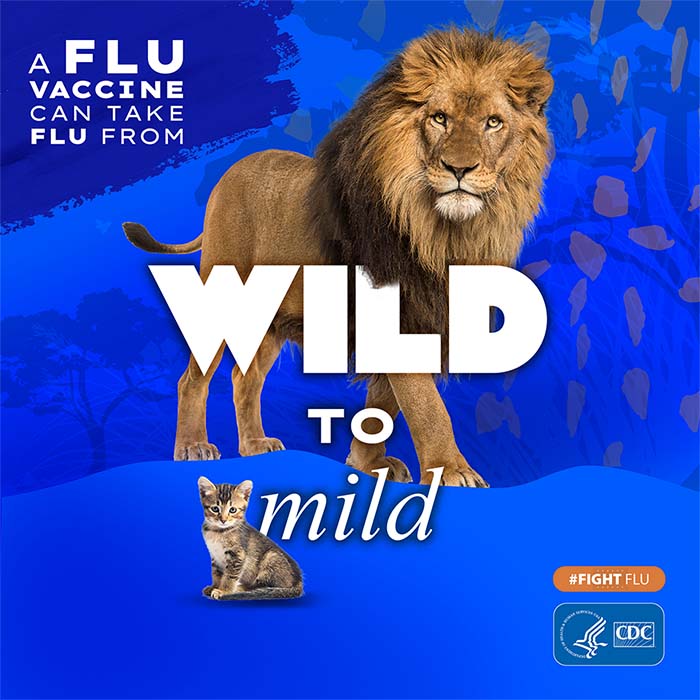CDC’s Advisory Committee on Immunization Practices (ACIP) Recommends Universal Annual Influenza Vaccination
February 24, 2010 — A panel of immunization experts voted today (February 24, 2010) to expand the recommendation for annual influenza vaccination to include all people aged 6 months and older. The expanded recommendation is to take effect in the 2010 – 2011 influenza season. The new recommendation seeks to remove barriers to influenza immunization and signals the importance of preventing influenza across the entire population.
The Advisory Committee on Immunization Practices (ACIP), which advises the Centers for Disease Control and Prevention (CDC) on vaccine issues, voted on the new recommendation during its February 24, 2010 meeting in Atlanta. The vote took place against a backdrop of incremental increases in the numbers and groups of people recommended for influenza vaccination in years past, and lessons learned from the world’s still ongoing first flu pandemic in 40 years.
Prior to today’s vote, ACIP recommendations for seasonal influenza vaccination – which focused on vaccination of higher risk persons, children 6 months through 18 years of age and close contacts of higher risk persons – already applied to about 85 percent of the U.S. population.
Discussion at the ACIP meeting focused on the value of protecting all people 19 to 49 years of age, who have been hard hit by the 2009 H1N1 pandemic virus, which is likely to continue circulating into next season and beyond. Another reason cited in favor of a universal recommendation for vaccination is that many people in currently recommended “higher risk” groups are unaware of their risk factor or that they are recommended for vaccination. The ACIP discussion also recognized the practicality and value of issuing a simple and clear message regarding the importance of influenza vaccination in the hopes that this would remove impediments to vaccination and expand coverage. Finally, new data collected over the course of the 2009 H1N1 pandemic indicates that some people who do not currently have a specific recommendation for vaccination may also be at higher risk of serious flu-related complications, including those people who are obese, post-partum women and people in certain racial/ethnic groups.
More influenza vaccine doses will be required to vaccinate all adults. However, based on current projections, more licensed types and brands of seasonal influenza vaccines will be available in the 2010-11 influenza season than has ever been available before. Historically, uptake of seasonal influenza vaccine has been less than half of the number of persons with a specific recommendation for vaccination.
Annual influenza vaccination is a safe and preventive health action that benefits all age groups. However, certain people have a higher risk for influenza complications, including people aged 65 years and older, children younger than 6 months of age, pregnant women, and people of any age with certain chronic medical conditions.
These people, their household and close contacts, and all health care personnel should continue to be a primary focus for vaccination efforts as providers and programs transition to routinely vaccinating all people 6 months of age and older.
The composition of the Northern Hemisphere’s 2010-2011 seasonal influenza was announced at the FDA’s Vaccines and Related Biological Products Advisory Committee (VRBPAC) meeting yesterday in Bethesda, MD. Next season’s vaccine will be trivalent (with three different vaccine viruses) and include an A/California/7/2009 (H1N1)-like virus, an A/Perth/16/2009 (H3N2)-like virus, and a B/Brisbane/60/2008-like virus. The H1N1 virus recommended for inclusion in the 2010-2011 seasonal influenza vaccine is a pandemic 2009 H1N1 virus and is the same virus used in the 2009 H1N1 monovalent vaccine.
Recommendations of the ACIP become recommendations of CDC once they are accepted by the director of CDC and the Secretary of Health and Human Services and are published in the Morbidity and Mortality Weekly Report.
